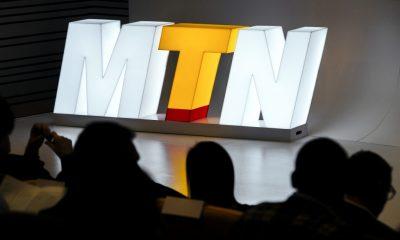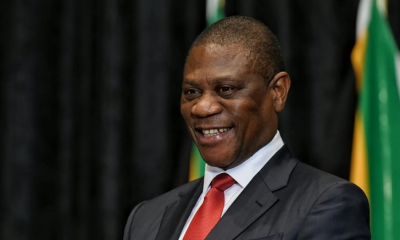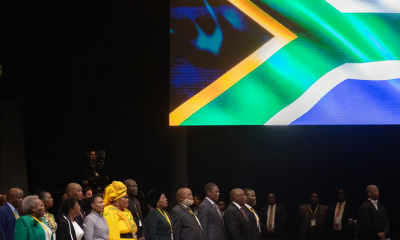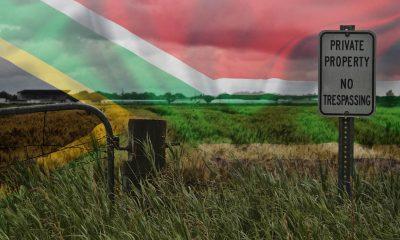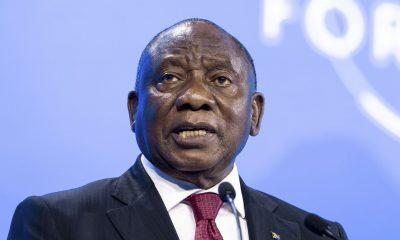Business
US Freezes Aid to South Africa as Business Leaders Back SONA Reforms
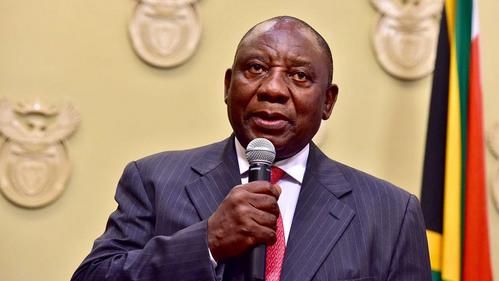
Business leaders in South Africa have largely welcomed President Cyril Ramaphosa’s State of the Nation Address (SONA), which outlined key economic reforms aimed at achieving 3% GDP growth in 2025. However, growing tensions between South Africa and the United States have raised fresh concerns over the country’s economic future.
Encouraging Signs for Business
Business Leadership South Africa (BLSA) CEO Busisiwe Mavuso praised the SONA’s focus on delivery rather than empty promises. She highlighted the government’s progress in electricity reform, logistics, and criminal justice while emphasizing the importance of sustaining these efforts.
“Perhaps the most prominent new focus for government is on underperforming municipalities,” Mavuso noted. The president’s plan to establish professionally managed utilities for water and electricity could improve infrastructure investment and service delivery, which remains a major challenge.
BLSA also welcomed efforts to redesign the struggling local government system, which has led to financial crises at state-owned enterprises like Eskom, which is owed billions by municipalities.
Budget Speech: The Next Big Test
Attention now turns to Finance Minister Enoch Godongwana’s upcoming Budget Speech, where critical funding decisions will be made. The budget will need to support regulatory reforms, encourage private investment in logistics and electricity, and drive infrastructure development.
Mavuso stressed the importance of enabling public-private partnerships, particularly in the struggling rail and port sectors. Increased private investment could enhance competition and efficiency, leading to long-term economic benefits.
US Aid Cuts: A Major Concern
Despite internal economic progress, South Africa now faces a new challenge—an unexpected withdrawal of US financial aid. US President Donald Trump recently signed an executive order freezing aid to South Africa while prioritizing the resettlement of Afrikaners in the US as refugees.
Mavuso believes this decision is based on a misunderstanding of South Africa’s Expropriation Act. “While the Expropriation Act is not perfect, it does not remove constitutional rights to property and due process in any expropriation,” she explained.
The loss of US funding is significant, particularly for the President’s Emergency Plan for AIDS Relief (Pepfar), which provided $453 million (R8.5 billion) for HIV/AIDS treatment programs in South Africa.
A Critical Year for Economic Policy
Despite US funding cuts, Mavuso remains optimistic about South Africa’s economic trajectory. She emphasized that strong private-sector relationships with the US remain intact and believes that ongoing government reforms could attract further investment.
“February is always a critical month in setting the tone for government. With SONA and the Budget Speech, I’m encouraged by the direction we’re taking,” Mavuso said.
The next major test will be how the government responds to these challenges in the Budget Speech. Will South Africa’s economic policies be strong enough to withstand the loss of US aid? The coming weeks will provide a clearer picture of the country’s economic resilience.
Follow Joburg ETC on Facebook, Twitter , TikTok and Instagram
For more News in Johannesburg, visit joburgetc.com

